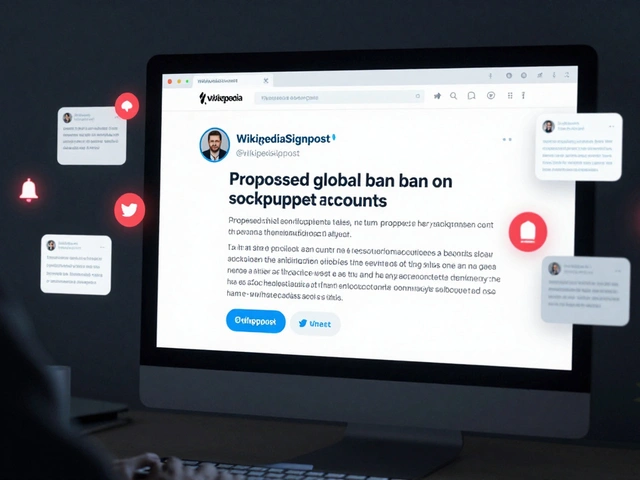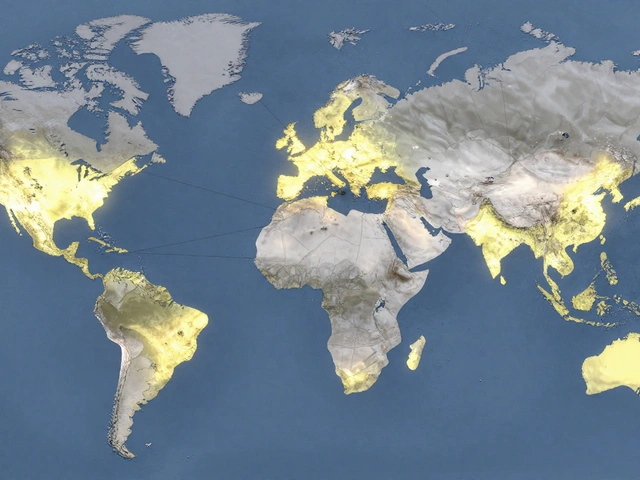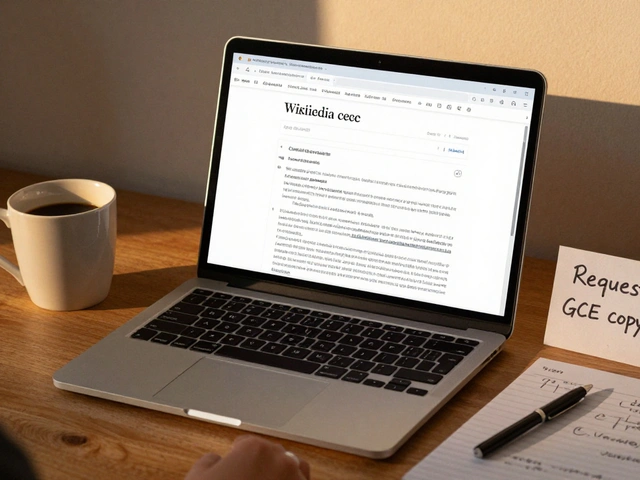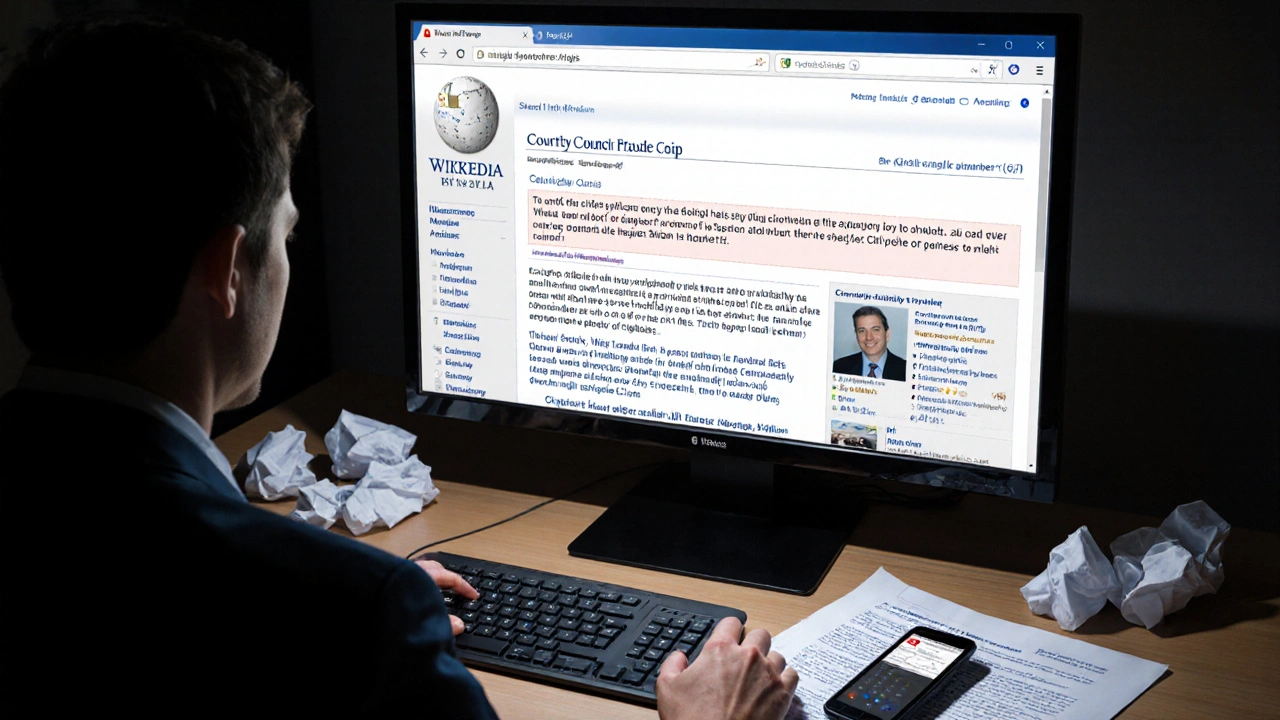
Journalists turn to Wikipedia every day. It’s fast, free, and covers everything from obscure local politics to quantum physics. But relying on it as a primary source? That’s where things go wrong.
Wikipedia Isn’t a Source - It’s a Starting Point
Wikipedia doesn’t have original reporting. It summarizes what others have published. When a journalist cites a Wikipedia page as proof of a fact, they’re not citing the original document, interview, or study. They’re citing a summary written by someone who might have misread the original, misunderstood the context, or just got lucky.
Take the 2023 case of a major U.S. newspaper reporting that a city council member had been convicted of fraud. The story was pulled within hours. The source? A Wikipedia entry that had been edited by an anonymous user three days earlier. The conviction never happened. The edit was a prank. The journalist didn’t verify the claim with court records or official statements. They trusted the wiki.
Wikipedia’s strength - open editing - is also its weakness for journalists. Anyone can change a page. That includes activists, lobbyists, competitors, and bots. A 2022 study by the Reuters Institute found that 17% of Wikipedia entries on public officials contained at least one unverified or misleading claim. And journalists are more likely to use those entries than you’d think.
The Speed Trap
News moves fast. Deadlines are tight. When you’re racing to file a story on a breaking event, Wikipedia feels like a shortcut. You type in a name, a date, a event - and boom, you’ve got a timeline, background, names of key players, and even quotes.
But speed here is an illusion. What looks like a quick win can turn into a public embarrassment. In 2024, a national broadcaster reported that a federal agency had shut down a program based on Wikipedia’s claim that funding had been “terminated.” The agency issued a correction: funding was paused, not cut. The Wikipedia edit had been made by a contractor who misunderstood internal memos. The journalist didn’t call the agency. They didn’t check the budget documents. They trusted the wiki.
Wikipedia is updated in real time, but not always accurately. And newsrooms that don’t have the staff to verify every detail are especially vulnerable.
False Authority
Wikipedia pages often look official. They have citations. They’re formatted like academic articles. They even have “last edited” timestamps that make them feel current.
But citations on Wikipedia aren’t guarantees. They can point to blogs, forums, or other Wikipedia pages. A 2023 analysis by MediaWise found that 31% of citations on high-traffic Wikipedia pages about politics and health linked to non-reputable sources. Journalists who don’t click those links - and many don’t - assume the citation is solid.
It’s not enough to say “Wikipedia says so.” You need to ask: Who wrote this? What did they cite? Is that source credible? Did someone fact-check it? If you skip those steps, you’re not reporting - you’re recycling.
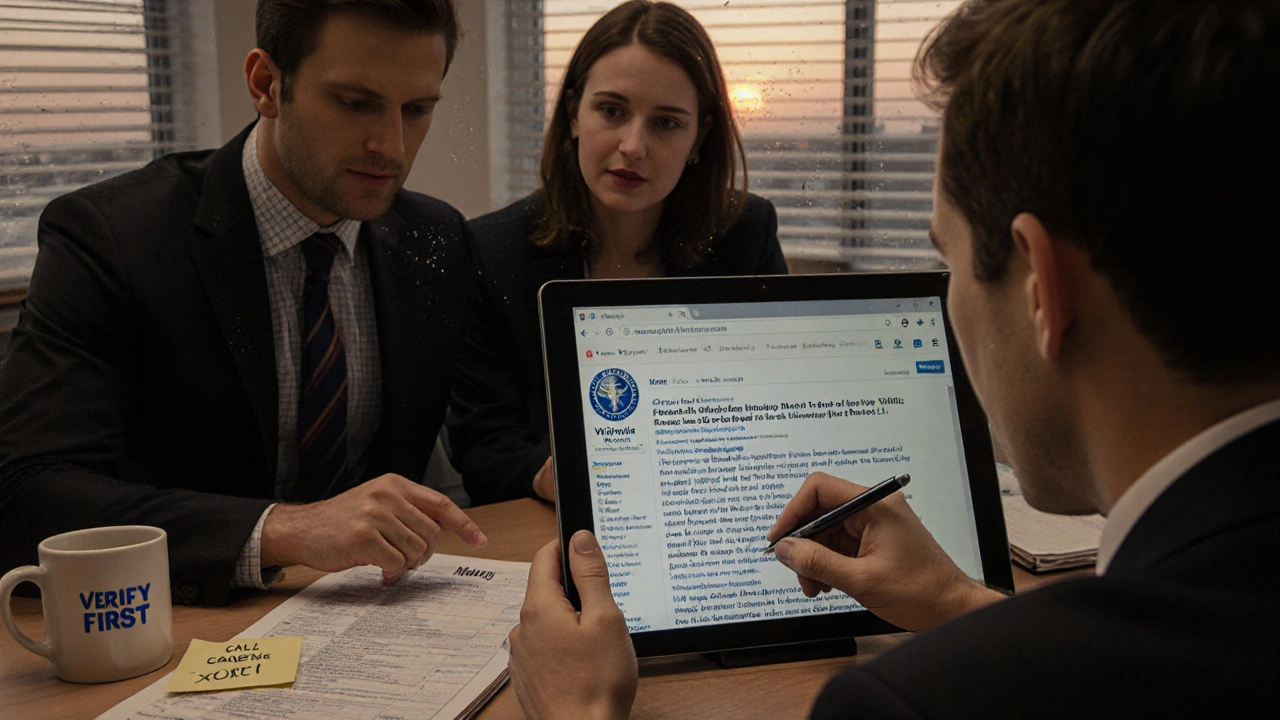
The Echo Chamber Effect
Wikipedia doesn’t create facts. It aggregates them. And if the same misinformation appears in multiple low-quality sources, Wikipedia can accidentally turn it into “common knowledge.”
For example, a false rumor that a politician had accepted bribes from a foreign company spread across fringe blogs and YouTube channels. It made its way into three Wikipedia articles across different languages. Within weeks, major news outlets started quoting those articles as “widely reported.” The story went viral. The politician sued. The outlets had to issue retractions.
This isn’t rare. Journalists who use Wikipedia as a source often don’t realize they’re echoing the same error across multiple outlets. It’s a feedback loop: Wikipedia picks up a rumor → a journalist cites Wikipedia → another outlet cites that journalist → Wikipedia updates to reflect the “coverage.” The rumor becomes truth by repetition.
Missing Context and Nuance
Wikipedia is designed to be neutral, but neutrality doesn’t mean completeness. Complex issues get boiled down to bullet points. Subtleties vanish. Motives are simplified. Historical context is trimmed to fit a template.
Take the entry on a controversial environmental policy. The Wikipedia page lists the policy’s goals, opponents, and funding. But it doesn’t explain why the opposition is rooted in decades-old land rights disputes. It doesn’t mention that key data used to justify the policy was later retracted. It doesn’t note that the lead researcher involved has a history of industry funding.
Journalists who rely on this summary miss the real story. They write about the policy as if it’s a simple debate, when the truth is layered, messy, and deeply personal. That’s not journalism. That’s summarizing a summary.
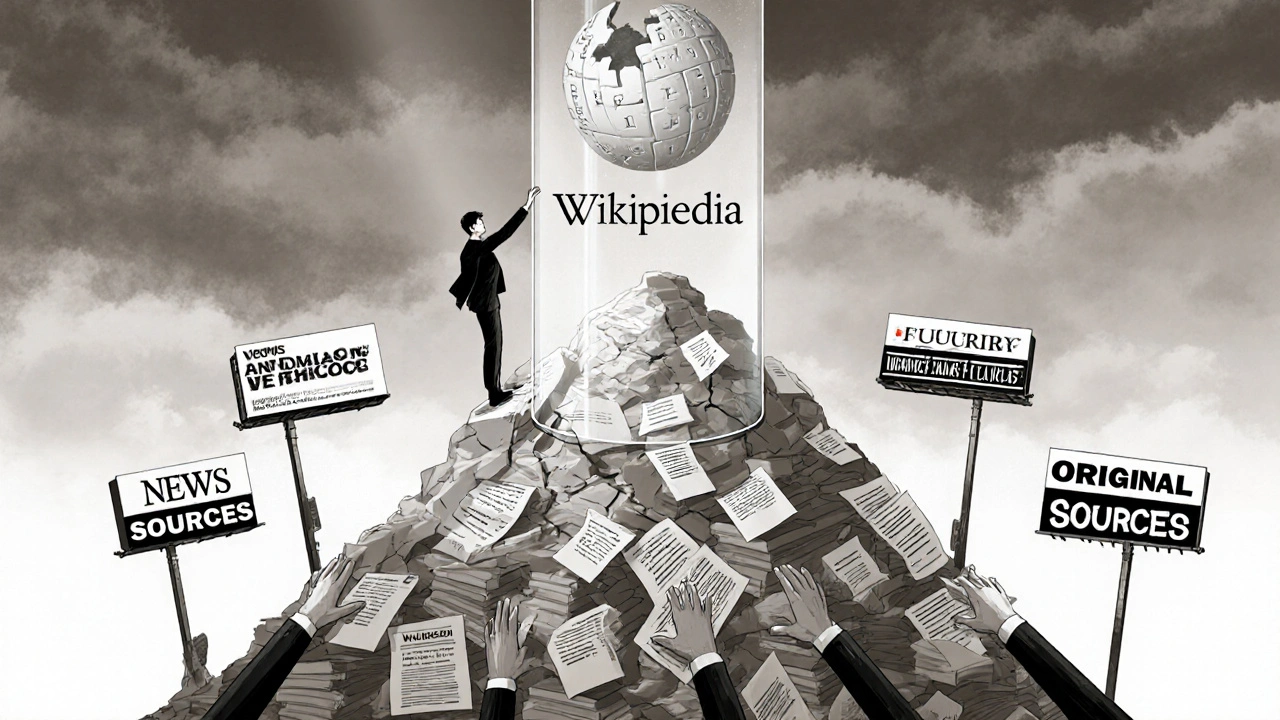
How to Use Wikipedia the Right Way
Wikipedia isn’t evil. It’s just not a source. Used right, it’s a powerful tool.
- Use it to find the original sources. Look at the references at the bottom of the page. Track down the academic paper, government report, or interview. Cite those.
- Check the talk page. If editors are arguing over a claim, that’s a red flag. Don’t trust it until the dispute is resolved.
- Look at the edit history. If a page was changed hours before your story broke, be suspicious. Check who made the edit. What’s their history?
- Compare multiple language versions. Sometimes, non-English versions have better sources or more context.
- Never quote Wikipedia directly in your article. If you must mention it, say: “According to Wikipedia, which cites X, Y, and Z…” - then go to X, Y, and Z.
Some newsrooms now require journalists to log every Wikipedia page they consult - not as a source, but as a trail. It’s not about banning Wikipedia. It’s about tracking how you got to the truth.
Real Consequences
In 2024, a journalist at a regional paper used Wikipedia to report that a local school board had voted to ban books on gender identity. The story ran. Parents protested. The school board held an emergency meeting. Turns out, the Wikipedia edit was made by a student who had misread the minutes. The board had only requested a review - no ban. The paper issued a correction. The journalist lost their job.
That’s not an outlier. It’s a pattern. The Society of Professional Journalists now lists “avoiding Wikipedia as a primary source” as a core ethical guideline. The Associated Press Stylebook says: “Do not cite Wikipedia. Use the original source.”
Journalism’s job isn’t to report what’s online. It’s to find out what’s true. Wikipedia can help you start that search. But it can’t finish it.
Can journalists ever cite Wikipedia directly?
No, reputable news organizations do not cite Wikipedia directly in published stories. It is not a primary or authoritative source. If a journalist mentions Wikipedia, it should only be to explain how they traced a claim back to its original source - not as evidence of the claim itself.
Why do journalists still use Wikipedia if it’s unreliable?
Because it’s fast and convenient. Journalists work under tight deadlines, and Wikipedia offers quick summaries, names, dates, and context. Many don’t have time to dig through archives or call sources. But convenience isn’t a substitute for accuracy. The risk of spreading misinformation far outweighs the time saved.
Are there any cases where Wikipedia is accurate enough for journalism?
Yes - but only after verification. High-traffic pages on well-known topics (like major historical events or scientific facts) are often well-maintained and cross-checked by thousands of editors. Still, even these require confirmation. A journalist should never assume accuracy. Always trace claims back to original, credible sources like government records, peer-reviewed studies, or direct interviews.
What should journalists do if they find misinformation on Wikipedia?
They should edit it - but only if they have reliable sources to back up the correction. Wikipedia requires citations from reputable, published sources. Journalists are uniquely positioned to fix errors because they have access to primary documents, official records, and expert contacts. Correcting Wikipedia isn’t just helpful - it’s part of their responsibility to public truth.
Do newsrooms have policies about using Wikipedia?
Many do. The Associated Press, Reuters, The New York Times, and BBC all prohibit citing Wikipedia as a source in published work. Some newsrooms require journalists to document their Wikipedia use in internal logs to track how they arrived at a fact. Others train reporters to treat Wikipedia like a library catalog - it points you to sources, but you must retrieve the books yourself.
Final Thought
Wikipedia is like a public library with open shelves. You can find useful books there. But you don’t cite the library’s catalog as the source of the information - you cite the book. Journalists have a duty to find the book. Not just the shelf.
